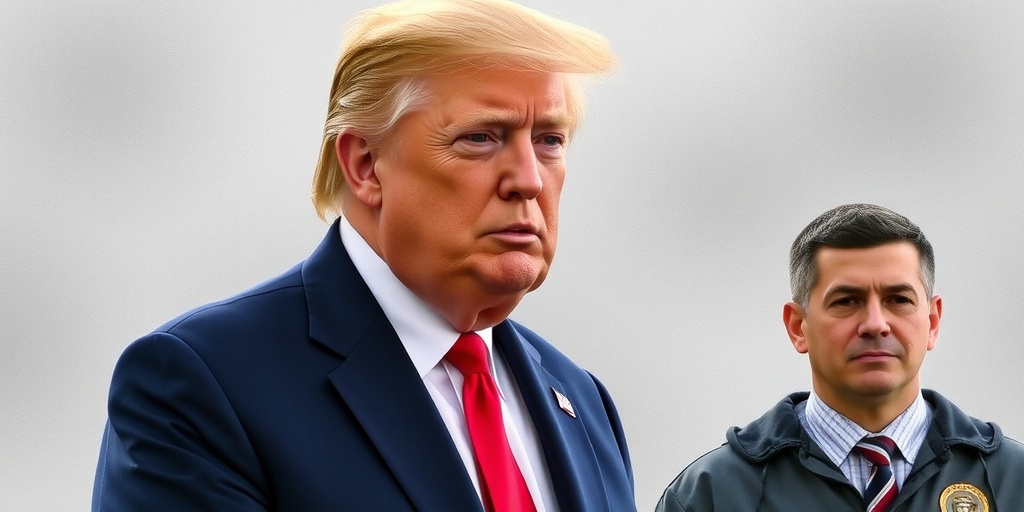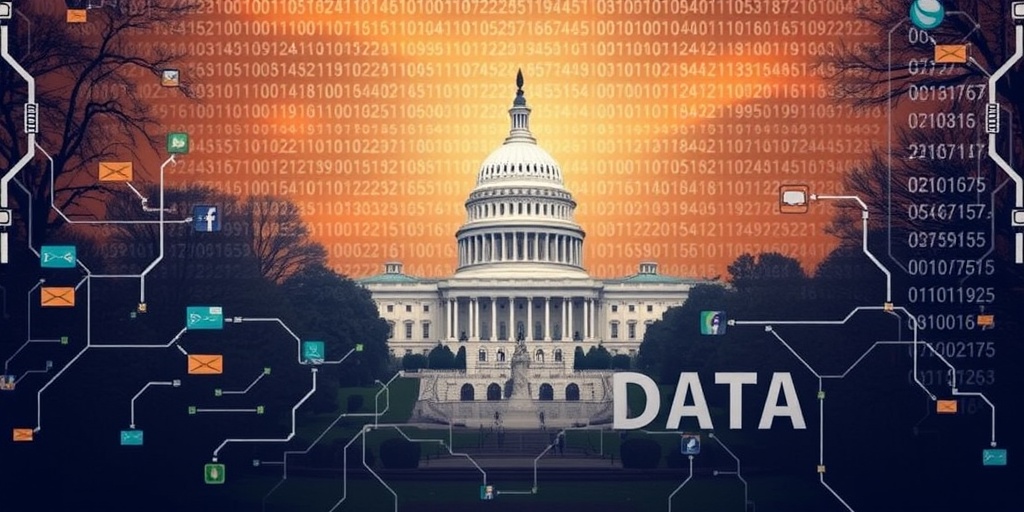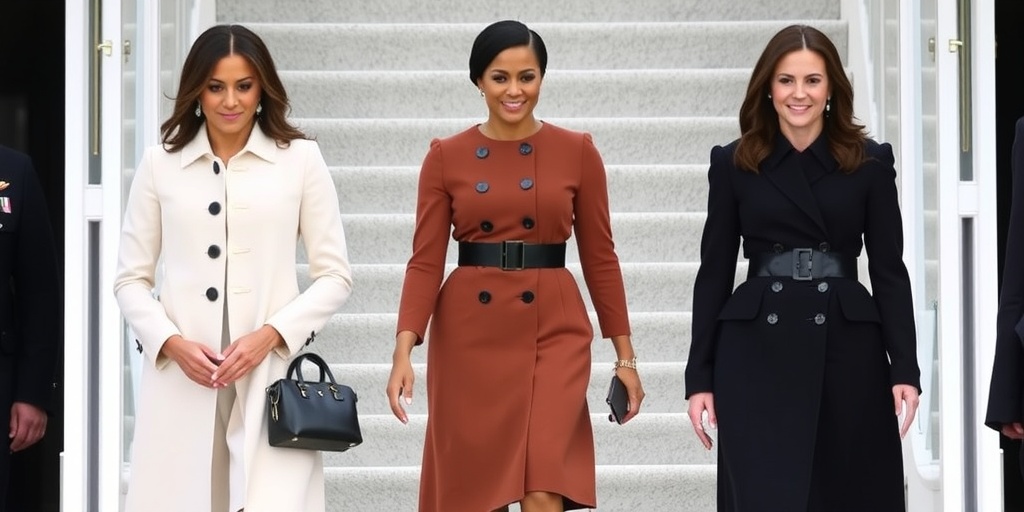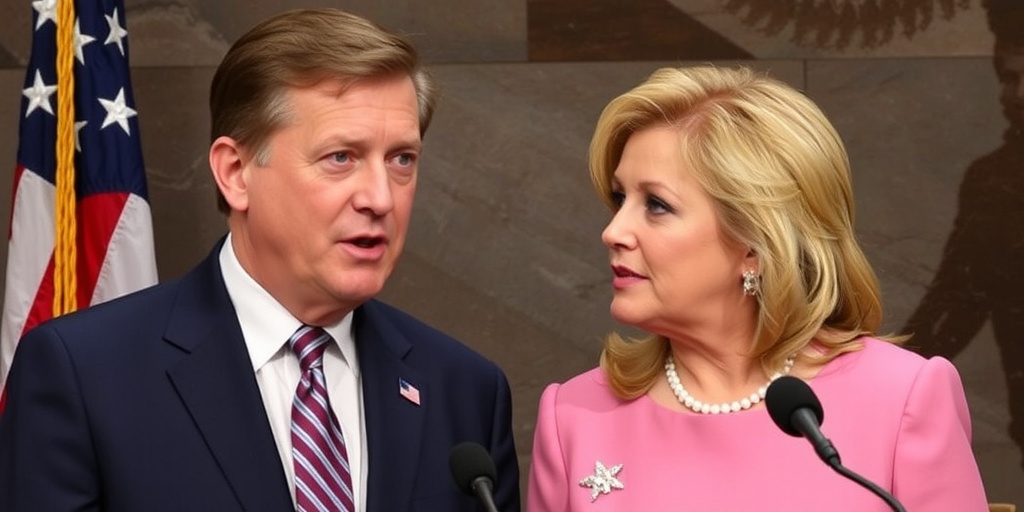Now Reading: Trump Grants Clemency to January 6 Rioters
-
01
Trump Grants Clemency to January 6 Rioters
Trump Grants Clemency to January 6 Rioters

Title: President Trump Issues Sweeping Pardons to Jan. 6 Rioters, Commuting Sentences for Others
In a significant and controversial move, President Donald J. Trump has announced that he has granted sweeping pardons to nearly all individuals charged in connection with the January 6, 2021, riot at the U.S. Capitol. This decision, made one of his first official acts as president, could potentially alter the legal landscape for over 1,600 defendants involved in the violent attempt to overturn the results of the 2020 presidential election.
The pardons include a wide range of individuals, particularly those accused of low-level, nonviolent offenses, alongside those who participated in more aggressively confrontational criminal actions. Its implications suggest a dramatic shift in the administration’s approach to handling the events surrounding the Capitol riot—a moment deemed by many as a critical threat to American democracy and the peaceful transfer of power.
As President Trump described his actions, he emphasized the harsh penalties that many of these individuals have faced. Ranging from misdemeanors such as disorderly conduct and trespassing to more severe charges, the pardons could reverse years of federal efforts aimed at holding participants accountable for their roles in the assault on the Capitol. Federal authorities long pursued those involved in the riot, which not only disrupted the certification of the Electoral College results but also endangered the lives of lawmakers and law enforcement officers present during the incident.
While the White House has not provided an exhaustive list of those pardoned, it is estimated that around 1,000 defendants were charged solely with lesser crimes linked to the riot. These offenses often did not involve direct confrontation with law enforcement or violent acts. In contrast, more than 600 defendants faced charges related to assaulting, resisting, or impeding law enforcement during the events of January 6. This staggering divide between charges raises questions about the inclusivity of Trump’s pardons and whether those involved in more violent acts are also receiving the same clemency.
President Trump did not specify if his "full pardons" would encompass only individuals accused of minor misdemeanors or if they might extend to those facing serious allegations, such as assaulting police officers or engaging in seditious conspiracy. His remarks at the Resolute Desk referenced the "harsh sentences" that many of these defendants have received, arguing that they have already served substantial time in jail. He expressed sympathy for their situations, stating, "These people have been destroyed,” indicating a perspective that frames their actions within a narrative of unjust treatment and political persecution.
The announcement has sparked significant backlash from various political corners, with critics arguing that these pardons undermine the principles of justice and accountability that are meant to deter such actions in the future. Legal experts and lawmakers on both sides of the aisle are concerned that this clemency could embolden future acts of political violence, potentially setting a precedent that may further threaten the stability of American democracy.
Moreover, the scale and timing of these pardons seem to correlate with Trump’s ongoing claims regarding the legitimacy of the 2020 election results, a narrative that continues to resonate with a substantial part of his supporter base. By framing the Capitol rioters as victims of a political injustice, Trump may be fortifying his standing among his loyalists, thus solidifying his influence within the Republican Party.
The implications of these pardons extend far beyond the individuals directly involved; they challenge constitutional norms and raise fundamental questions about the role of presidential power in shaping judicial outcomes. As the nation grapples with the aftermath of the Capitol insurrection, the decisions being made now could reverberate for years to come, impacting the legal system and shaping the political discourse as the 2024 elections approach.
In summary, President Trump’s decision to issue sweeping pardons to many of those charged in connection with the January 6 Capitol riot marks a pivotal moment in American politics. With the potential to reverse years of legal accountability efforts, these moves will likely continue to be a point of contention and debate as the country strives to come to terms with this unprecedented event in its history. Whether these actions will provide solace to those affected or further divide public opinion remains a question that only time will reveal.
Stay Informed With the Latest & Most Important News
Previous Post
Next Post
-
 01New technology breakthrough has everyone talking right now
01New technology breakthrough has everyone talking right now -
 02Unbelievable life hack everyone needs to try today
02Unbelievable life hack everyone needs to try today -
 03Fascinating discovery found buried deep beneath the ocean
03Fascinating discovery found buried deep beneath the ocean -
 04Man invents genius device that solves everyday problems
04Man invents genius device that solves everyday problems -
 05Shocking discovery that changes what we know forever
05Shocking discovery that changes what we know forever -
 06Internet goes wild over celebrity’s unexpected fashion choice
06Internet goes wild over celebrity’s unexpected fashion choice -
 07Rare animal sighting stuns scientists and wildlife lovers
07Rare animal sighting stuns scientists and wildlife lovers




















